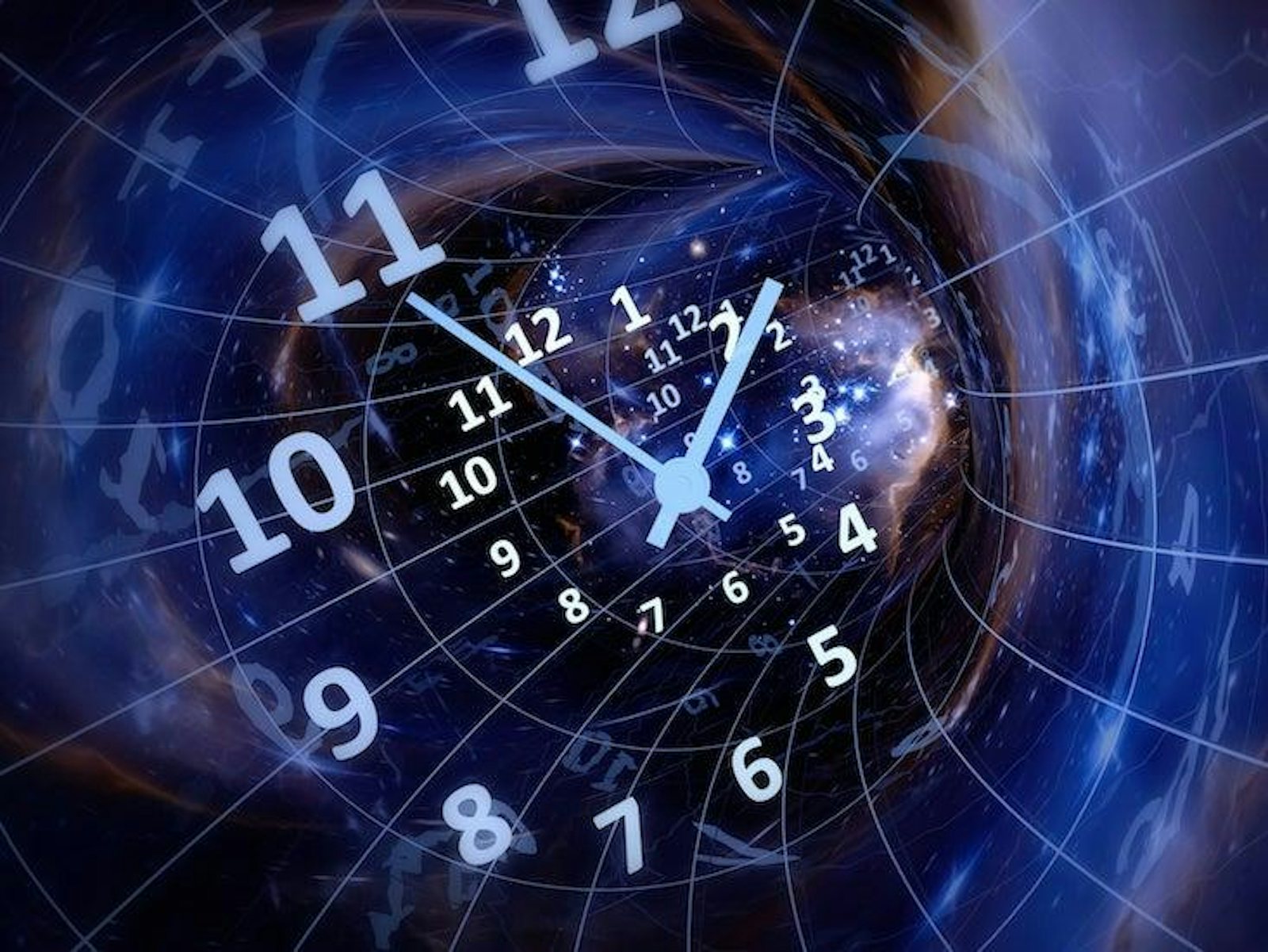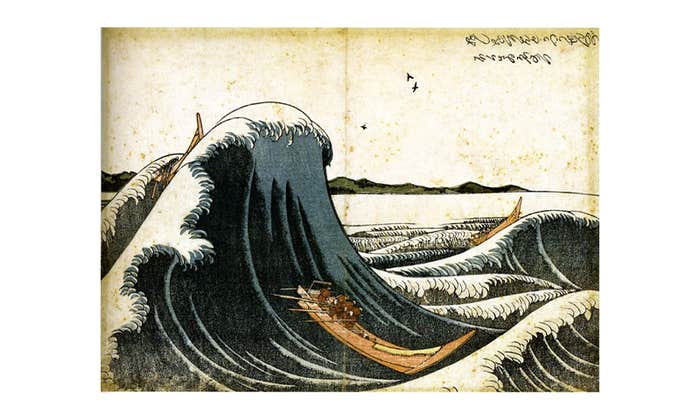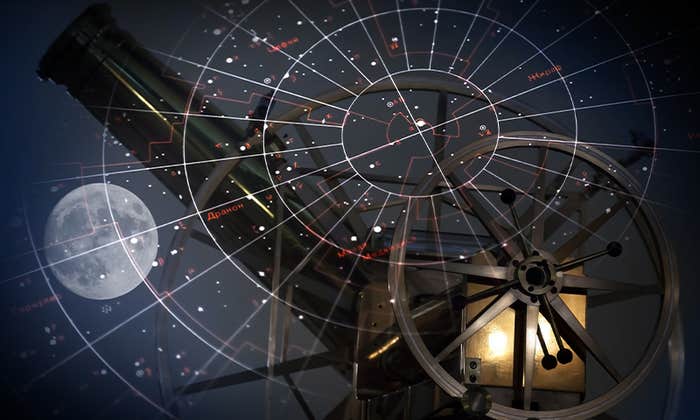
The celebrated English writer Ian McEwan has, in his stories and essays, shown a fondness for science. For two years he shadowed a neurosurgeon to write his 2005 novel Saturday, and his 2010 novel Solar focused on a Nobel Prize-winning physicist’s solar-energy solution to climate change. His forthcoming novel, Machines Like Me, delves into artificial intelligence. “[T]here actually is a special pleasure to be shared when a scientist or science writer leads us towards the light of a powerful idea which in turn opens avenues of exploration and discovery leading far into the future,” he wrote.
On Sunday, The Guardian had theoretical physicist Carlo Rovelli answer queries from famous fans and Guardian readers pertaining to his latest book, The Order of Time (which Nautilus excerpted). It was no surprise that McEwan came first. McEwan wanted to know: Will humans ever experience the intertwining of space and time as intuitive, as simply and obviously inseparable? Or are we bound by our nature to always feel the connection as alien?
Rovelli replied that he believed the counterintuitive phenomena—for example, of time moving slower for faster travelers—will, slowly, become intuitive. “It has happened with the fact that the Earth is a sphere (clarified two millennia ago) and the fact that it spins (clarified a few centuries ago). At first these were extremely counterintuitive ideas; nowadays we accept them as comprehensible. But it takes time. I think, for instance, that the day when we will have spaceships travelling very fast, and we experience directly things like meeting our children older than us on our return home…” he said. “[W]hen we experience this, the elasticity of time will become obvious to us. Of course, all this is assuming our civilization survives long enough and we do not destroy ourselves with conflicts and stupidity, which is something we humans seem to be very good at and not ready to move away from.”
Those who saw the Christopher Nolan film Interstellar will already be familiar with the concept. Matthew McConaughey plays Cooper, an astronaut tasked with finding humanity a new home. A heart-wrenching moment comes, before he departs, when he has to tell his young daughter, Murphy, that, by the time he gets back, she may be older than him—and this infuriates her, because it means her father has no idea when he’d be returning. By the time they see each other again, he’s aged negligibly, and she’s an old woman, about to pass, the result of his spending too much time too deep in the vicinity of a black hole, named Gargantua. Perhaps, with the aid of compelling, scientifically pristine stories illustrating the entanglement of space and time, people’s apprehension of those concepts will become intuitive more quickly than they otherwise would. Maybe we won’t require the onset of a space-faring civilization, with the capability to warpspeed about the galaxy, to “get” Einstein’s physics as if it were second nature.
In any case, we have nature itself to thank for appearing the beautiful way it did—in the form of a black hole—because if it didn’t look so stunning, the special effects team on Interstellar would have had to fake it. That’s what the theoretical physicist Kip Thorne, who worked on the film, told Chiara Mingarelli, a scientist studying gravity waves and black holes. “The way that they visualized Gargantua was by taking Einstein’s field equations and actually solving them on supercomputers in such a way that us scientists would have a really difficult time doing. That’s because we don’t have enough money to buy all these supercomputer hours, but this movie did!” Mingarelli told Nautilus’ Michael Segal. “But Kip told us that if it didn’t look nice, that it would’ve just been thrown out and completely discarded. This beautiful piece of science that we couldn’t afford to do on our own, if it didn’t look good it’s out the window! So I’m really glad that it looked nice.”
Brian Gallagher is the editor of Facts So Romantic, the Nautilus blog. Follow him on Twitter @BSGallagher.






























